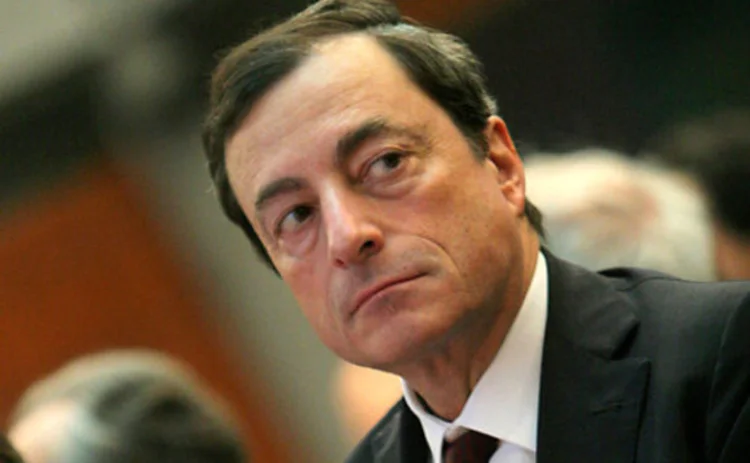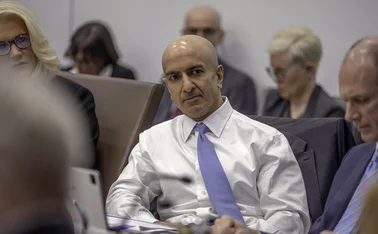
Draghi says ECB ready to make further bond purchases

The European Central Bank (ECB) is ready to make purchases of sovereign bonds to support weaker eurozone economies, as it believes the markets are over-stating the risk of eurozone breakup.
ECB president Mario Draghi said a "severe malfunctioning" exists "in the price formation process in the bond markets of euro area countries", and that risk premia related to fears of a eurozone breakup were "unacceptable". "The euro is irreversible," he told a press conference today (August 2).
The exact form
Only users who have a paid subscription or are part of a corporate subscription are able to print or copy content.
To access these options, along with all other subscription benefits, please contact info@centralbanking.com or view our subscription options here: www.centralbanking.com/subscriptions
You are currently unable to print this content. Please contact info@centralbanking.com to find out more.
You are currently unable to copy this content. Please contact info@centralbanking.com to find out more.
Copyright Infopro Digital Limited. All rights reserved.
As outlined in our terms and conditions, https://www.infopro-digital.com/terms-and-conditions/subscriptions/ (point 2.4), printing is limited to a single copy.
If you would like to purchase additional rights please email info@centralbanking.com
Copyright Infopro Digital Limited. All rights reserved.
You may share this content using our article tools. As outlined in our terms and conditions, https://www.infopro-digital.com/terms-and-conditions/subscriptions/ (clause 2.4), an Authorised User may only make one copy of the materials for their own personal use. You must also comply with the restrictions in clause 2.5.
If you would like to purchase additional rights please email info@centralbanking.com








